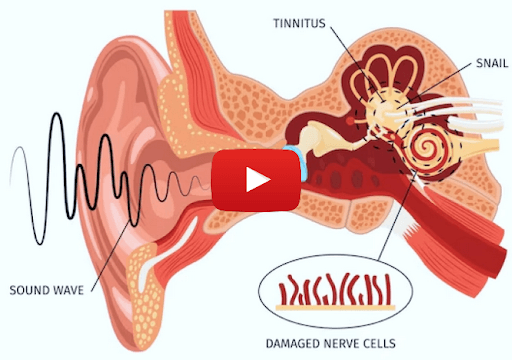Is Chewing Gum Good For Your Teeth: The Pros and Cons of Chewing Gum
Chewing gum is a photogenic habit seen in public spots worldwide, yet its impact on dental health draws mixed perspectives. Is it beneficial for your teeth, or should it be avoided altogether?
To chew or not to chew: the dental dilemma? As the video suggests, the answer lies both in the product type and in underlying dental conditions. It's not just about minty freshness but also about sugar content and jaw health.
Sugar-free gum, particularly those containing xylitol, offers multiple benefits. It prompts saliva production, which washes away food particles and addresses acidic stains. This process can aid in remineralizing weak spots on teeth after consuming certain foods as xylitol blocks plaque accumulation, helping keep teeth clean and resilient.
"Chewing gum stimulates saliva flow, protecting teeth and reducing cavity risks," says the dentist.
- Potential jaw pain and TMJ complications
- Mercury exposure from certain fillings
For ideal oral health:
- Seek naturally sourced, xylitol-infused, sugar-free gum to minimize culinary risks.
- If you struggle with existing oral conditions like TMJ or amalgam-filled teeth, limit consumption.
- Avoid chemical-laden gums that promise zest but deliver hidden infirmities.
In essence, ethical gum usage hinges on contingency and conscience rather than rote habit. Consumers must aim to tailor the experience, ensuring it bolsters rather than jeopardizes their dental endeavor.
From Around The Web
Wellness Inbox is a blog & weekly newsletter that curates trending news and products related to health and wellness from around the web. We also gather content from various sources, including leading health professionals, and deliver it directly to you.
Please note that we may receive compensation if you purchase any products featured in our newsletter. Wellness Inbox is not affiliated with, nor does it endorse, any health professionals whose content may appear in our newsletter. The information provided is for general informational purposes only and should not be considered medical advice.
The information provided is not intended to replace professional medical advice, diagnosis, or treatment. All content, including text, graphics, images, and information available is for general informational purposes only. We do not guarantee the accuracy or completeness of any information presented and assume no liability for any errors or omissions. The content is subject to change without notice. We encourage you to verify any information with other reliable sources and consult your physician regarding any medical conditions or treatments.







